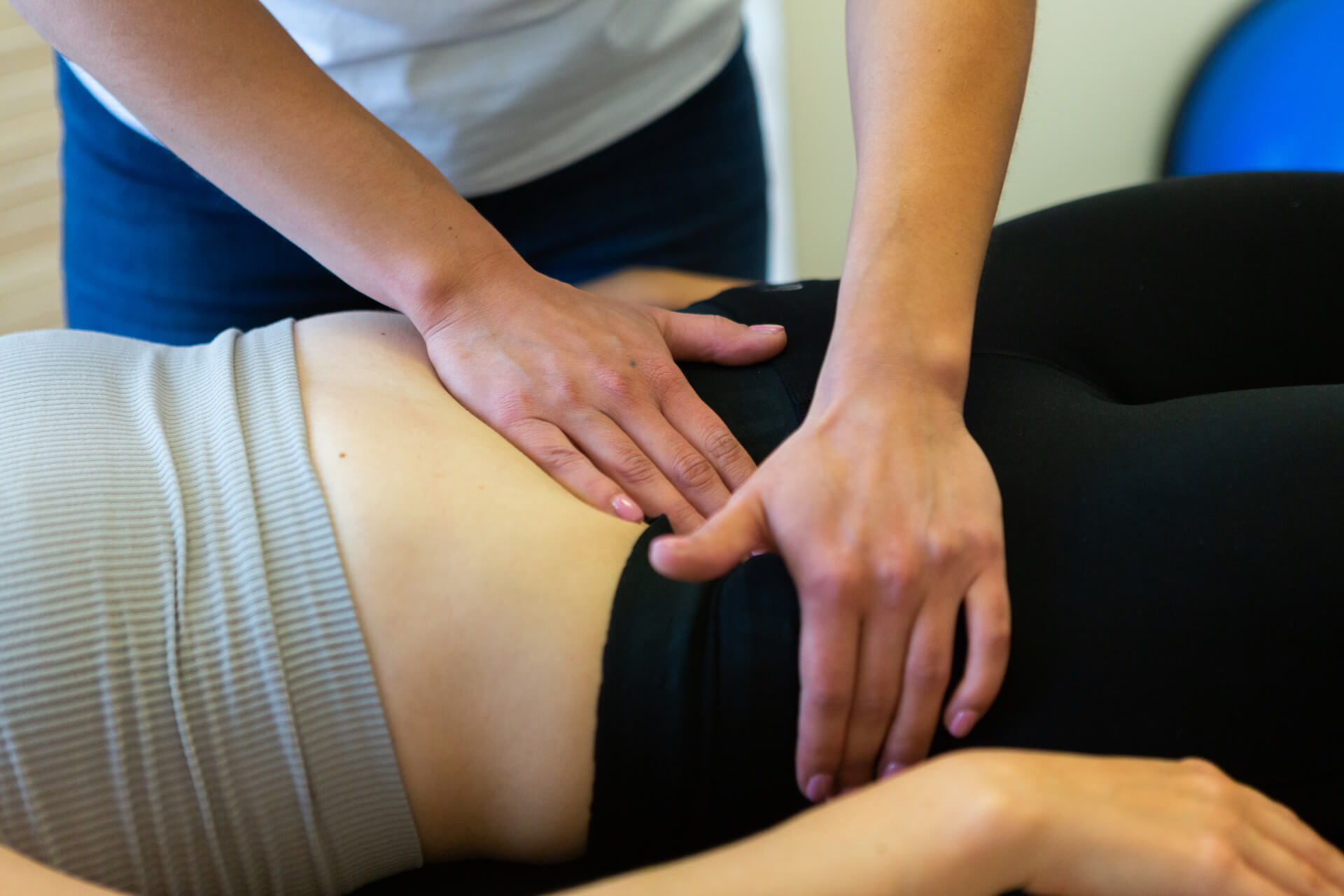
Vaginismus
Is the involuntary tensing or contracting of muscles around the vagina. Unintentional muscle spasms occur when something, a penis, finger, tampon or medical instrument, attempts to penetrate the vagina.
Symptoms may appear during the late teen years or early adulthood f.ex. when a person has sex for the first time. Some women develop vaginismus later in life. It can happen after years without any problems. Spasms or discomfort may occur anytime while vaginal penetration.
Causes
Healthcare experts aren’t sure why some people experience vaginismus. It can cause physical, psychological and sexual issues. Bladder infections, UTIs and yeast infections can worsen the pain.
Factors that may contribute to this condition:
- Anxiety and depression
- Childbirth injuries
- Prior surgery
- Fear of sex or negative feelings about sex, due to past sexual abuse, rape or trauma
Symptoms
- Discomfort or pain during vaginal penetration
- Inability to have sex or have a pelvic exam due to vaginal muscle spasms or pain
- Painful intercourse
You should see an osteopath if you have painful sex or pain while inserting a tampon. These feelings aren’t normal.
Osteopathy and vaginismus – How do we treat it?
Osteopathic treatment uses a combination of techniques including internal pelvic floor myofascial release (with consent), this can help to decompress the main nerve (pudendal) that supplies and refers pain to genitals and help relieve tension in the overactive pelvic floor muscles. Externally, there is body work on fascia leading to genitals and the muscles, nerves and joints that influence this area.
As vaginismus is an chronic pain condition and with this comes a nervous system that is over-stimulated, part of the treatment is focused on helping to calm the nervous system down using gentle osteopathic techniques and also we make sure that the right pelvic floor exercises are implemented in the daily routine.
We also give advice on lifestyle, breathing patterns and mindfulness.
What to do?
- Train body awareness, mind and body connection
- Lower stress
- Exercise in a right way
- Right diet to lower inflammation
- Right supplementation
- Right hygiene of sleep
- Seek help from a psychologist
- Seek help from an OSTEOPATH who is ALSO performing internal vaginal techniques
In OsteoMedica our osteopaths Aleksandra Zegalski and Deborah Tassi perform pelvic floor evaluation and internal gynecological techniques.


